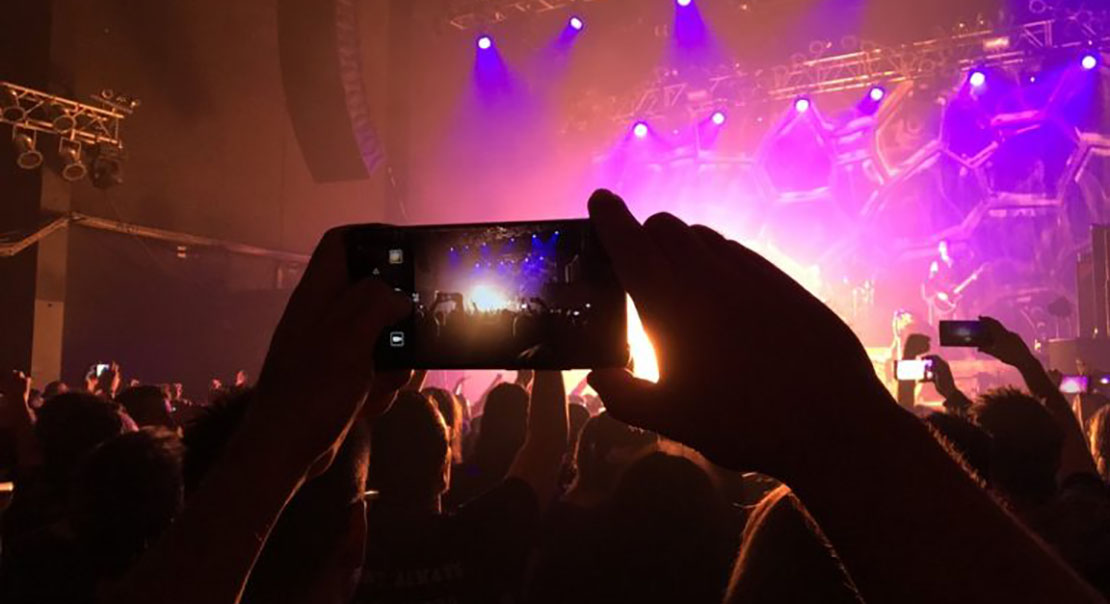We snap photos; take videos; we are constantly creating memories. But creating memories also separates us from life. As we travel, we stop in front of a statute, a waterfall or a local village gathering, and instinctively pull out our cameras. Documenting is also part of our everyday life. Sitting in the audience watching my kids’ end of the year performances, I am now used to the rows of raised iPads and phones. Parents are not looking directly at the stage and their child. Instead they observe the performance through their screen as they record. We end up partly missing the very moments we want to cherish.
Increasingly we mediate life through technology. We capture memories everywhere, whether at a work holiday party, a birthday celebration or even a casual dinner with friends. But there is a catch. The more we record the more we are expected to do so. I recall a morning in my kid’s classroom. Each child was to recite a poem. The parents in the audience were in vigilant preparation mode – selecting the best angle and focus – as they awaited their child’s turn. I cannot forget one mom who sat with her phone in her bag smiling encouragingly at her son. As the boy went up he noticed his mom was not prepared and whispered: “Mom, take a video.” She took out her phone and started recording. She felt obliged to do so because documenting now defines the value of the moment.
We take countless pictures. Why? Well, not taking them can be risky. It can send the unintended message that the moment is not important. The mom in the classroom did not want to inadvertently send this signal. We also, like many generations before us, want to preserve our memories. But taking digital photos is easy and costless. The result is huge repositories of digital images. The size of our collections makes it less likely that we will go back and sort through them. They often remain there forgotten. And, finally, we snap because we want to create the best picture of our perfect family in the Niagara fall to post on Instagram or another favored social network. But, while doing so we miss out on being present in the actual moment.
Keeping our phone cameras in our pockets or bags is hard. It is tempting to dig them out. It is even harder when everyone else is actively recording the moment. But, being collectively aware of the temptation, of what we might miss out on, and taking a pause to scrutinize the benefits and the costs of our instinctive action may make a difference.
[mc4wp_form id=”3387″]
